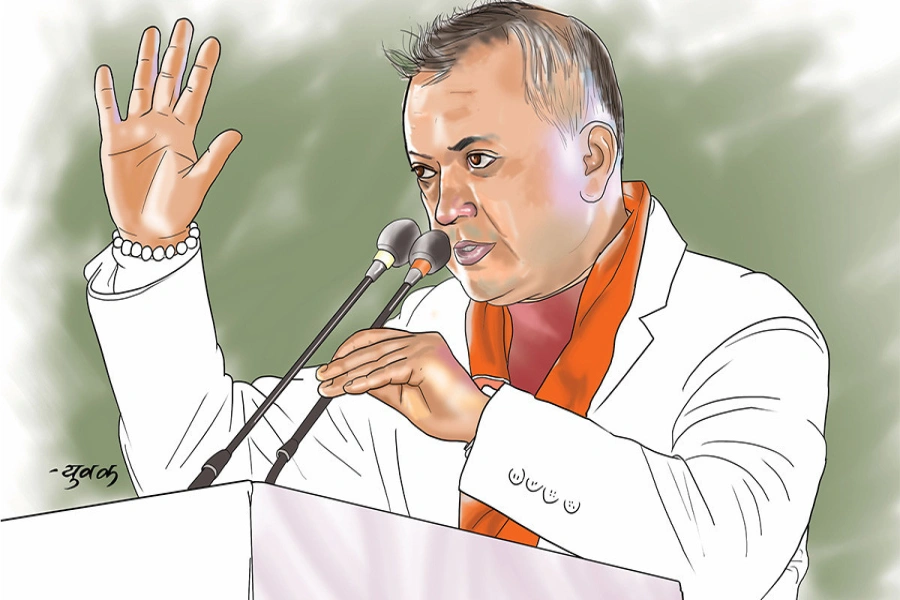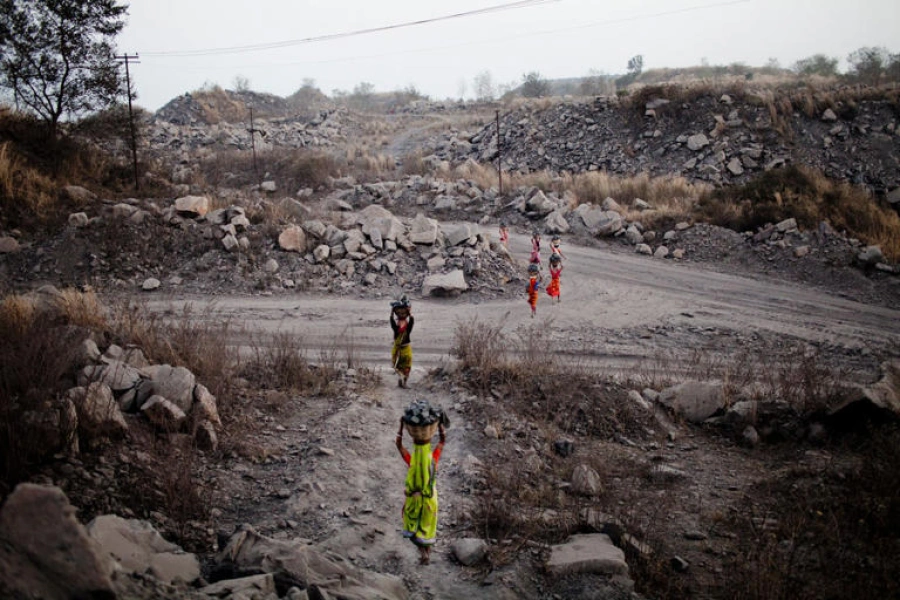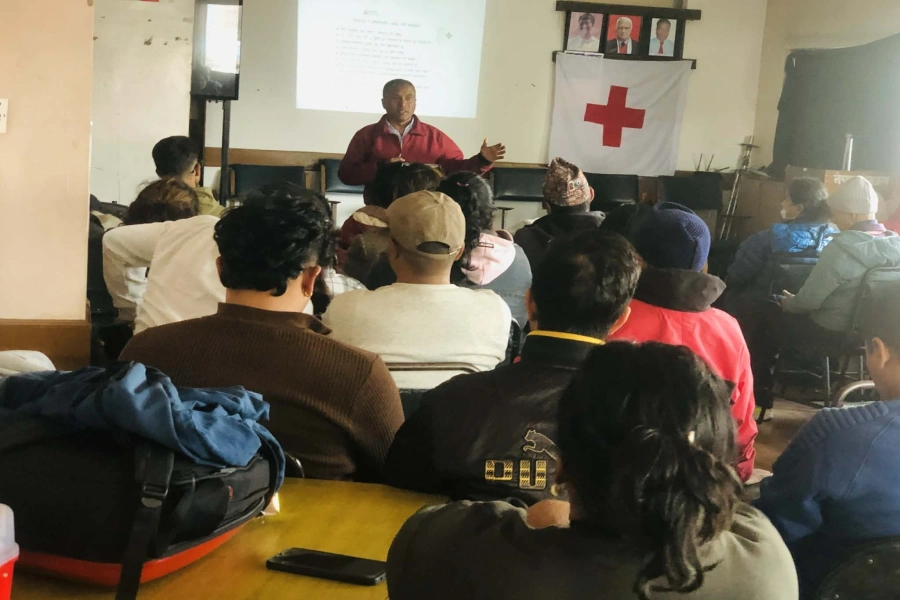There is not a simple solution to bullying. Children do not bully because they are terrible children.
Bullies dominate, blame, and use others. They also lack empathy and foresight and have contempt for the weak. To bully, they target weak kids. Bullies do not accept the consequences of their actions. They crave power and attention. Research shows that children between the age of six to eight experience an enormous amount of bullying. I think all forms of bullying (verbal or physical) are harassment. It is a serious problem but those who bully are not born that way. If you ask me why children become a bully, honestly, I do not know all the reasons, but I know anger is hard to restrain.
I thought there was just one type of bully: a highly aggressive kid with self-esteem issues from a violent or neglectful home. But different conditions create a bully. Various studies show that envy and resentment are common motives for bullying. They use bullying to conceal shame, anxiety, or to boost their self-esteem. By demeaning others, they feel empowered. Often bullies bully out of jealousy or because they were bullied in the past. There are many other reasons for children to become bullies.
According to psychologists, people prone to abusive behavior have inflated but fragile egos. They exalt themselves, and the criticisms frequently offend them. They lack the respect of other people and react to this disrespect by turning into a bully. So now, if you ask me, how do kids become bullies? Though it is sad, the truth is bullies begin at home because they learn aggression. Children exposed to aggressive or unkind interactions at home are likely to repeat those behaviors at schools. Parents, please be careful because your behavior influences your children. Parents, please be aware that your children copy the way you speak to them, to your family members, or the way you handle anger and use it on their victims.
Parents need to be careful because problems and misunderstandings at home can also lead to bullying. Children become vulnerable when the environment at home is unhealthy. Often children abused by close relatives become a bully to gain the control they lack at home. Their low self-esteem leads to an internal wish to dominate others in cruel ways. When children are comfortable with their position in a group and do not fear losing their status as a leader, they are not abusive. Then again, when they are insecure about their place in the group, they respond by bullying to cover up their weakness. When kids behave aggressively, it may be a sign of weakness.
Worth of stories

Several researchers have identified other risk factors like depression and personality disorders, an inability to control anger and use of force, addiction to aggressive behaviors, mistaking other's actions as a hostile act, concern with preserving self-image, and engaging in obsessive actions which help create a bully. It is very disturbing, but it happens regardless of the type of school your child goes to.
Bullying is more about a bully than a victim of bullying. It is hard to understand what the bully is going through. We assume that they are disrespectful. When most of the time, they were hurting too. Sometimes, the bullies are stressed or angry and do not know how to express it. Most of the time, bullies just need someone to talk to. It is anger kept inside for so long, they need someone to express their anger. Try to make children understand that it is okay to talk to someone about bullying. It is challenging to tell adults about what is happening to them. Children feel like they will always get in trouble. I am sure parents are thinking about how they can help their children. We can not stop all bullying, but we can prevent it from happening so often. Research shows the various root causes of why children become a bully.
Humans are social creatures, and we try to fit into a group. So, if the group is of bullies, then it seems better to bully a person as others do than to be the next target. Here peer pressure comes into play. Sometimes children feel they do not have any other choice than to do the same as the group and bully a weak kid that does not fit into a group. Sometimes when children are victims of bullying, they bully in a different area of their lives as payback, as revenge. They feel justified, relieved in their action when they bully someone. Often a victim for these kids can be someone weaker, so it becomes a vicious circle.
Some children lack empathy, so they enjoy bullying. They do not understand how it hurts their victims. Hence, it is important to take care of the emotional development of children. Parents need to teach their children to feel what others are feeling. This can help to build better relationships with other children. We all know children need love and attention from their parents and other adults around them. They need to feel they are cared for. The irony is they do not know how to do it in the right way. When a child becomes invisible, chances are the child will develop aggression, and that includes bullying others. Initially, it becomes a ploy to get his/her parent’s attention and approval, later it becomes a habit. A forgotten child becomes a bully, and to a certain extent, that makes them more visible.
We all know that bullying is based on stereotypes, and prejudices can happen anywhere. That includes schools, the internet or cafes. This arises from the belief that some groups of people deserve to be bullied. Every one of us wants to feel special and when one person thinks they are better than another because of their social status or for other reasons, it creates a type of behavior like bullying.
You are thinking, what can you do? That is because no parent wants to find out that his/her child is a bully. It is painful even to think that their child is harming other children. Well, parents can do a lot to help their children. Make an effort to improve your child’s friendship skills because they are important indicators of your child’s overall mental health. Help your child to overcome aggression because it is a sign of serious distress. Your child may experience anxiety, depression, and having difficulty controlling their emotions and behavior. Talk to your child and work closely with him/her to overcome their problems. The parents need to make their child feel loved, cared for, and important at home.
Parents, please understand that there is not a simple solution to bullying. Children do not bully because they are terrible children. Children engage in all kinds of behavior, and that does not make them the person they are. Consider the fact that children are still figuring out. They may be wonderful children who have made some mistakes. Give them the benefit of the doubt. There could be a reason for their behavior. Talk to them and find out the root cause of their behavior. Talk to your children about their behavior to help curb bullying, and also address the issues that caused it to happen. Parents need to encourage friendship and discourage fights.
The way to prevent bullying is to break the patterns of aggression at home and school. Parents and adults are the keys to change. They can create positive interest in all children and provide consistently and consequences for unacceptable behaviors. Healthy emotional and social growth in children requires that they feel affirmed and supported by the adults in their world. Children benefit from knowing that the surrounding adults want to be with them and value them as individuals. As children learn from adults who model respectful behaviors, they also discover the predictable limits and consequences for aggressive behaviors.
Bullying is a loss of feeling normal, loss of trust, loss of safety, and security. Early intervention is essential for children displaying the traits that lead to bullying behavior. These interventions include teaching them empathy, helping them learn that feelings of jealousy, entitlement, and power/control can have potentially negative consequences. A common reason children become bullies is the lack of attention from parents at home and these children lash out at others for attention. Other potential bullies include neglected children, children of divorced parents, or children with parents under the regular influence of drugs/alcohol.
Very often, parents of bullies are angry or do not handle conflict well. Kids usually bully because they learn this behavior at home. According to writer and civil rights leader James Baldwin, children have never been very good at listening to their elders, but they never fail to imitate them.
Finally, parents, don't be surprised if I tell you it is possible that bullying takes place in your home and that you are not even aware of it. Do members of your family engage in yelling, name-calling, or putdowns? Do your children pick on one another or hit each other? If your answer is yes, then it is time to foster a positive home environment where the family members treat one another with kindness and respect. Bullying is a learned behavior that can be unlearned. So, please parents, be careful what you do or how you act because it is likely for your children to copy you. You can do that much for your children. Right parents?





































